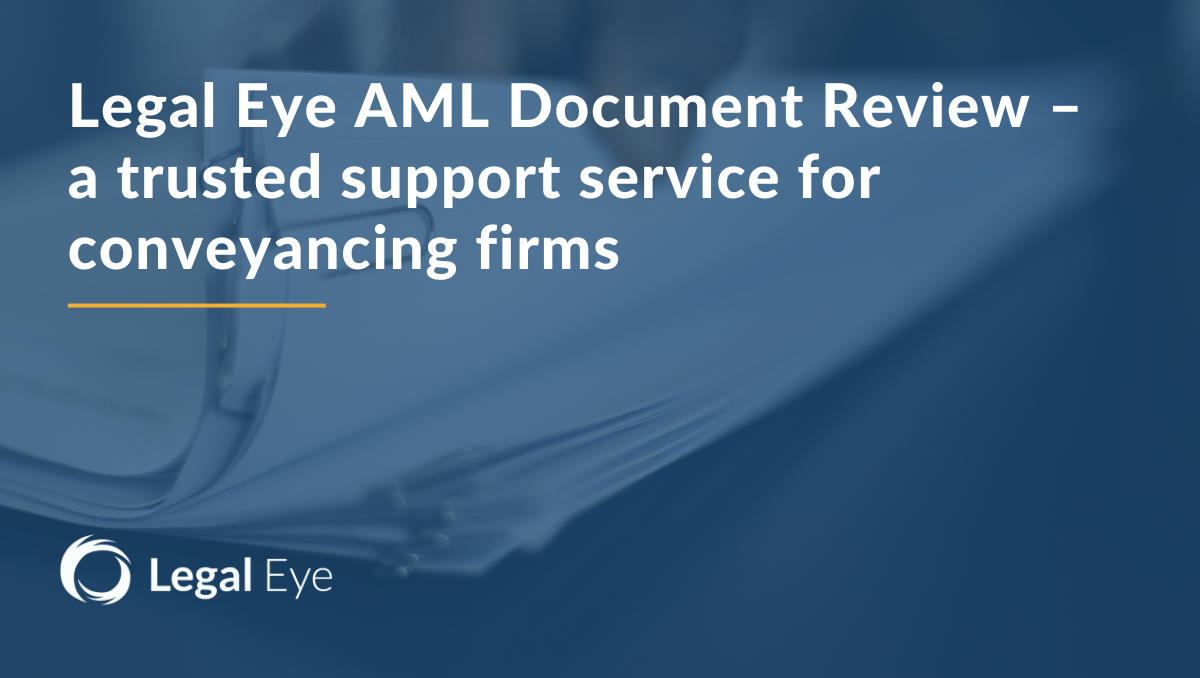Dealing with client complaints effectively is an integral part of delivering high quality client care…
Background
This case study provides an interesting example highlighting how timely and pragmatic Groundsure advice can help our customers achieve a substantially better outcome. Despite physical risks at
the property being identified, it was not considered that these necessitated immediate or prioritised action. However, the perception of risk between the vendor and purchaser created a situation where our client was able to achieve a high value outcome at very modest cost.
Unearthing the problem
Groundsure was commissioned to produce a commercial environmental search report for an operational light industrial property in the north west of the UK. This identified that the property immediately adjacent to the subject site had formerly comprised a licenced landfill. The Groundsure Historical Land Use Database highlighted that landfill activity had additionally pre-dated formal licensing requirements on the adjacent site and importantly this had also extended onto the subject property.
The client instructed Groundsure to provide consultancy support and advice. Site inspections, further research, engagement with third parties and a review of historic geotechnical site investigations identified a number of issues:
1. Buildings at the property had clearly suffered from structural deformation, likely associated with differential settlement of backfilled materials on site;
2. The adjacent historic landfill was being actively managed by a major utility including the passive venting of landfill gas across the site up to and adjacent to the subject property;
3. Historic geotechnical site investigation reports likely relating to the erection of the current site structures gave an indication of ground conditions, albeit without any formal consideration of ground gas and associated landfill hazards.
The risk perspective delta
It transpired that the client was seeking to purchase the property and that at present it was a single occupying tenant with a going business concern.
The lender had unwittingly become a “mortgagee in possession” of a former waste site having taken possession of the property as security relating to prior debt finance arrangements. From a lender risk perspective this was a highly unattractive position to find itself in, not just with regard to the impact of these circumstances on its security value, but now with regard to its role as effective owner and its obligations under the terms of the lease to the leaseholder.
This position was compounded by some suspected structural issues associated with the historical use of the site and also potentially the lender’s relative attractiveness as “owner” to Environmental
Regulators, should they be seeking any remedial or mitigation measures at the site with regard to its legacy circumstances.
This created the “risk perspective delta” that Groundsure was able to help the client exploit in the course of the proposed transaction.
Groundsure provided advice to the client’s team in assisting negotiations with both the seller / lender in possession and its proposed future lender supporting the purchase now under
consideration. Critical in this role was the need to provide a balanced opinion and perspective for a set of technical circumstances that could have the potential to terminate the deal if not considered in the right way. Much dialogue was necessary to arrive at the concluding position, but Groundsure was delighted to assist the client in achieving a really positive outcome – a significantly discounted sale price and a supportive new lender backing the new debt finance position. Of course, there was a set of sensible technical recommendations designed to improve site management and address concerns associated with historic landfill activity.
Conclusion
The case is a great example of what we at Groundsure consider to be our ultimate goal – helping clients complete successful transactions where environmental risk is a factor that is turned into commercial advantage wherever possible.
This case raised questions in terms of how environmental risks had (or had not) been considered in the past. At the point of the original freehold purchase, had an environmental search been undertaken? The lender had clearly advanced funds to the former freeholder at least once and potentially multiple times and on each occasion failed to identify the risks presented by the historic landfill. Even without an environmental search, very clear signage and the presence of obvious gas venting measures immediately at the site boundary should have been picked up in the valuation process. Finally, at the point of taking possession of the property no sufficiently robust process was evident that would have identified these issues, which would have allowed the avoidance of a very sub-optimal eventual position for the vendor.



